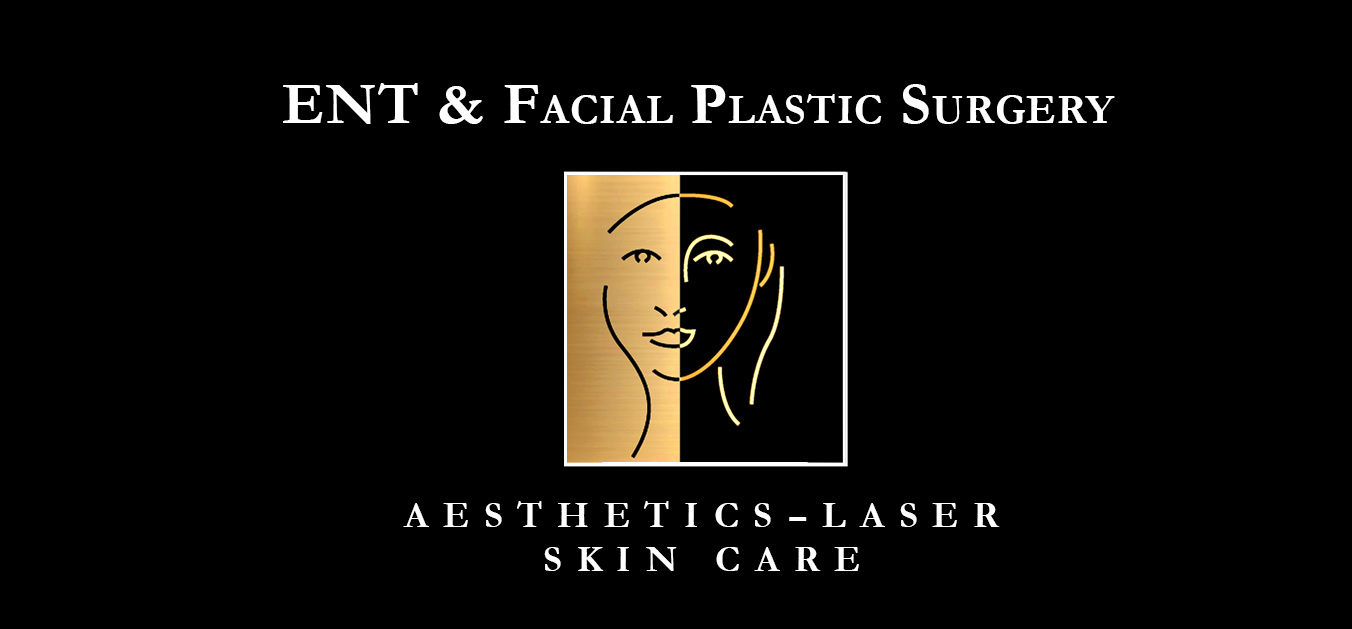Experiencing hearing loss can be stressful and scary. When it happens, you obviously want the best care. So, who do you turn to?
Keep reading to discover the difference between an audiologist and hearing aid specialist in McLean, VA. This is your first important step to getting the help you need.
What Is an Audiologist, and What Do They Do?
An audiologist is a healthcare specialist with expertise in the diagnosis, treatment, and prevention of hearing and balance problems. They have a pivotal role in assisting people of all age groups in effectively addressing concerns related to their hearing.
To become an audiologist, completing a Doctor of Audiology (Au.D.) program is typically required. This degree involves rigorous coursework, clinical training, and a residency.
How Is a Hearing Aid Specialist Different?
Sometimes referred to as a hearing instrument specialist or hearing aid dispenser, this professional specializes in the precise fitting and distribution of hearing aids to individuals dealing with hearing impairments. They collaborate closely with audiologists to deliver effective solutions to their patients.
To become a hearing aid specialist in McLean, VA, individuals typically need a high school diploma or equivalent. They may also have a degree as well, but they are not required to have a doctorate. Formal training programs for hearing aid specialists cover topics related to hearing aid technology and fitting. A state license or certification is required for practice.
Which Professional Is Right for Me?
Both hearing aid specialists and audiologists offer comprehensive services including hearing aid fittings, and communication advice to patients and their families.
To receive a thorough hearing evaluation, diagnosis, and treatment plan, you need an audiologist. If you simply need to purchase hearing aids after seeing an audiologist and / or need hearing device repair, you can see a hearing instrument specialist.
Diagnosis of Hearing and Balance Disorders: Here’sWhat to Expect
An audiologist will review your medical history including health conditions, medications, symptoms, and additional relevant factors.
Then, they will conduct a physical examination of your ears and related structures to check for visible issues like earwax buildup, infections, or abnormalities.
Various hearing and balance tests may also be performed to determine underlying causes, which may include one or more of the following:
Hearing loss tests
- Audiometry: This test involves using an audiometer to measure the patient’s ability to hear sounds at different frequencies and volumes.
- Tympanometry: This test assesses the movement of the eardrum and middle ear. It helps detect issues related to the middle ear, such as fluid buildup or problems with the eardrum.
- Speech and word recognition testing: This evaluates a patient’s ability to understand speech at different volumes and is often used to determine the type and degree of hearing loss.
- Imaging: In some cases, a CT scan or an MRI may be ordered to investigate structural problems in the ear or related areas.
Balance disorders tests
- Vestibular function tests: These tests evaluate the function of the vestibular system, which is responsible for balance.
- Imaging: As with hearing tests, imaging may be necessary to identify balance disorders.
- Rotary chair test: This involves having the patient sit in a chair that rotates to assess their ability to maintain balance during movement.
Choose ENT & Facial Plastic Surgery for the Most Qualified Audiologist and Hearing Aid Specialist in McLean, VA!
Our team of experts offer a wide array of services to improve your hearing health. If you are experiencing hearing loss or have other concerns, we encourage you to call us today at 703-448-0005 to book your appointment.
Discover what our patients already know – you’ll find the top-notch care you deserve at ENT & Facial Plastic Surgery!


